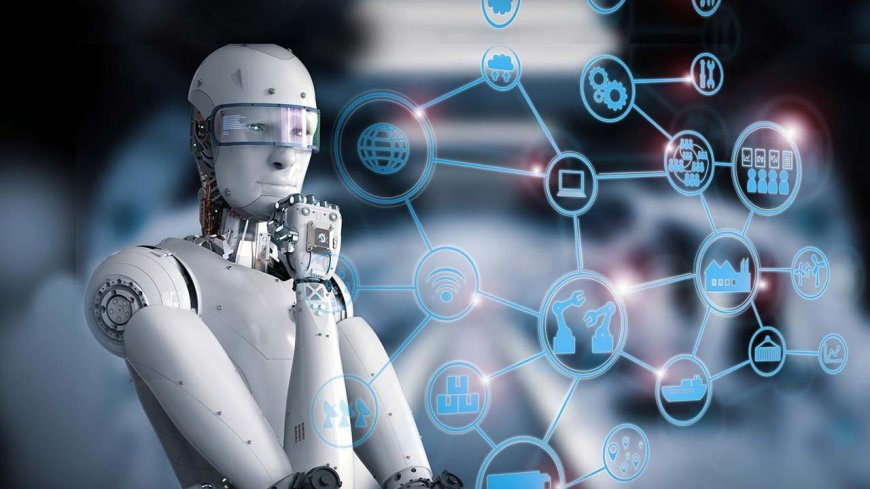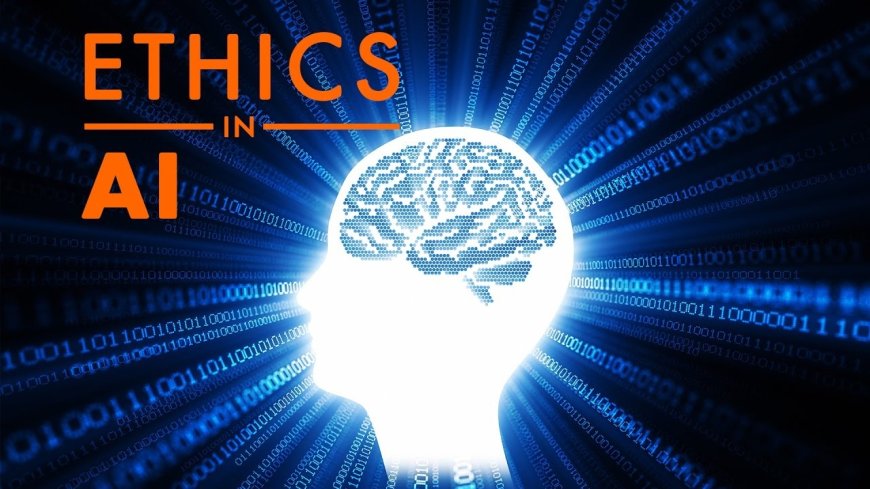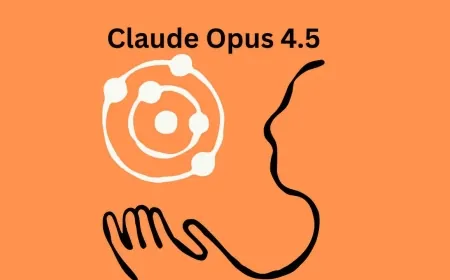The Ethics of Artificial Intelligence: Can Machines Be Moral?
Exploring the Intersection of AI and Ethics

Summary:
As artificial intelligence (AI) continues to advance, ethical concerns surrounding the technology have grown. One of the most pressing issues is whether machines can be moral, or if they are simply programmed to mimic human morality. This article will explore the intersection of AI and ethics, examining the arguments for and against the idea that machines can be moral agents.
Artificial intelligence (AI) has come a long way in recent years, and its capabilities continue to grow. With these advancements come new ethical concerns about how AI will impact society and whether machines can be held accountable for their actions. One of the most pressing questions in this realm is whether machines can be moral agents.

What is morality?
Morality refers to the principles and values that guide human behavior and decision-making. It encompasses concepts such as right and wrong, good and evil, and fairness and justice. These principles are shaped by cultural and societal norms, as well as personal beliefs and experiences.
Can machines be moral?
The answer to this question is complex and multifaceted. On the one hand, machines are currently incapable of possessing consciousness or free will, which are essential components of moral agency. They can only make decisions based on the algorithms and data they have been programmed with.
On the other hand, proponents of the idea that machines can be moral argue that as AI becomes more sophisticated, it may be able to develop a type of "artificial consciousness" that allows it to make moral decisions. This could be achieved through the development of advanced neural networks that can process information in ways that mimic the human brain.
Arguments for Machines as Moral Agents:
Advocates for the idea that machines can be moral agents argue that there are several factors that support this claim:
-
Rationality: Machines are capable of processing vast amounts of data and making decisions based on that data, which could be viewed as a type of rationality.
-
Consistency: Machines can apply the same decision-making processes consistently, without being swayed by emotion or other external factors.
-
Impartiality: Machines can be programmed to make decisions without bias or prejudice, which could result in fairer and more just outcomes.
-
Learning: Machines can learn from past decisions and adjust their behavior accordingly, which could lead to more ethical decision-making over time.
Arguments Against Machines as Moral Agents:
Critics of the idea that machines can be moral agents argue that there are several limitations to this claim:
-
Lack of Consciousness: Machines do not possess consciousness or free will, which are essential components of moral agency.
-
Limited Scope: Machines are only capable of making decisions based on the algorithms and data they have been programmed with, which is limited in scope compared to human decision-making.
-
Risk of Bias: Machines can only make decisions based on the data they have been trained on, which could result in biased decision-making.
-
Inability to Understand Context: Machines may struggle to understand the nuances of human behavior and decision-making, which could result in unethical decision-making.
Conclusion:
The debate around whether machines can be moral agents is far from settled, and it is likely to be a topic of ongoing discussion and research as AI continues to evolve. While there are arguments for and against the idea that machines can be moral, it is clear that ethical concerns surrounding AI will need to be addressed in order to ensure that the technology is used in ways that benefit society as a whole. Ultimately, it may be up to humans to program machines with ethical principles and values, and to hold them accountable for their actions.
Read Also: Google DeepMind CEO Predicts AI Will Achieve Human-Level Intelligence Within 5 Years






























































